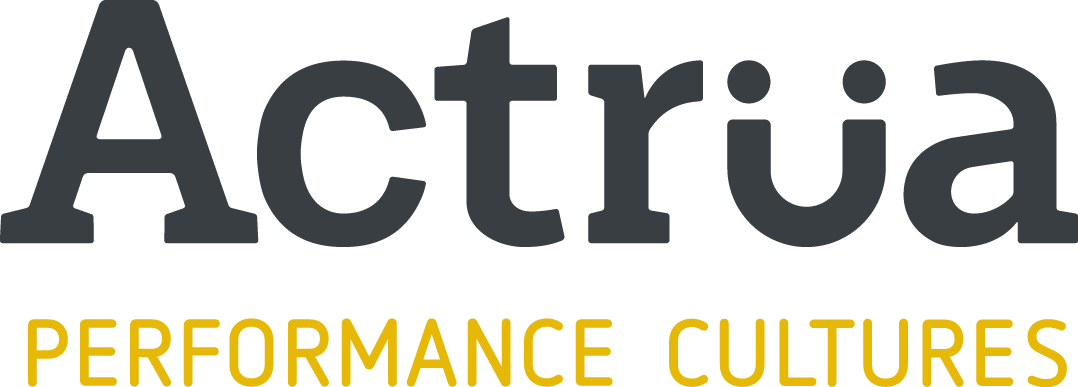As we hit the business end of the winter sporting season, I was contemplating writing about how good the Brisbane Broncos are going this year. No matter if they win the premiership or not, isn’t it amazing the influence that one man, in this case coach Wayne Bennett, has had on the individual and collective mindsets of the Broncos? Incredible! On the other end of the scale we have my other team, the Queensland Reds Super Rugby team. What is going on there? It would make for a rich case study in leadership and culture, but that is a topic for another day. It would be easy for me to focus on sport and the lessons that can apply to personal development and business. However the sporting thing also gets done to death and I understand that it doesn’t appeal to everyone. So enough sport, at least for now.
I am currently reading the book Bounce by Matthew Syed. Actually, I am reading it for the second time because it is so rich in ideas that are supported by research. Matthew has taken the opportunity to explore the myth of talent and the power of practice. Although the book has application to the sports field, it is equally relevant to the world of work and education. I believe the sign of a good book is how much you want to share it and tell others about it. Well, I have committed to share a few really insightful pages of Bounce with my network of friends who, like myself, have school age children. The section I am sharing is titled The Power of Words and discusses the findings of studies associated with the use of praise undertaken by Carol Dweck, a professor at Stanford University and one of the most influential psychologists of modern times.
In a nutshell, praising students for their hard-work and effort achieves significantly different outcomes than praising them for their talent. Talent oriented praise might sound like: “You are so smart” or “You’re so brilliant, you got an A without really trying”. This compares to recognising effort and hard work with praise like “You must have worked really hard”. It was found that the way we praise children can influence their mindset. Their mindset then impacts how they approach learning and their level of resilience. A fixed mindset describes the belief that intelligence is cast in stone, it is genetic. This is essentially what Syed describes as “the talent myth” in action. Whereas the other group hold the belief that intelligence can be transformed through effort and this is therefore described as a growth mindset. Those students with a growth mindset, who have been praised for their effort and hard work, are more likely to stretch themselves and give things a go. They are prepared to learn from mistakes or failure and are ultimately more resilient.
Is this concept of fixed or growth mindset applicable to the workplace? Of course it is. Think about the age old argument regarding nature vs nurture regarding leadership. We probably all know someone who seemed to have all the talent that was required for leadership success – confidence, intelligence, presentation skills and technical knowledge…. But what happened? Perhaps they did not adopt a growth mindset. A willingness to be open to new ideas and stretch themselves outside their comfort zone. The preparedness to not always be perfect and even fail on occasions. But maybe they didn’t know any better. Did anyone ever seek to influence or challenge their mindset? This question encourages us to reflect on how we develop leaders? The trap can be getting too focussed on filling a leadership program with content, yet the major gains are achieved through influencing the mindset and beliefs of our current and future leaders. Be open to learning, be open to development.
When we influence individual mindsets, we influence the collective mindset. Think about it. Organisational culture is the collective mindset. The shared values and beliefs of an organisation. I would propose that an organisation can have a collective growth mindset, just as it may have a collective fixed mindset. For an example of a collective fixed mindset we need to look no further than the infamous US company, Enron. They certainly got caught up in the myth associated with the War for Talent. According to Syed, the Enron strategy was flawed due to two independent reasons. The first, that talent matters more than knowledge. I would also describe this as valuing potential over performance. The second, was the culture that it created. A culture that worshipped talent over learning and ultimately entrenched a fixed mindset. Discussing Enron, Dweck states that:
“..it forced them into the fixed mindset. And we know a lot about that. We know that people with the fixed mindset do not admit and correct their deficiencies”.
I have no doubt that a growth mindset is a winning mindset. From the classroom, the sporting field to the board room. A group of people with the collective mindset of being willing to give things a go, try new things, learn and seek feedback is most certainly an organisation that is more likely to be successful. It will be a safer business. It will also be a more productive and resilient business. A business that is more likely to listen to its customers and respond to changes in the market. That sounds like a business I want to be associated with.







